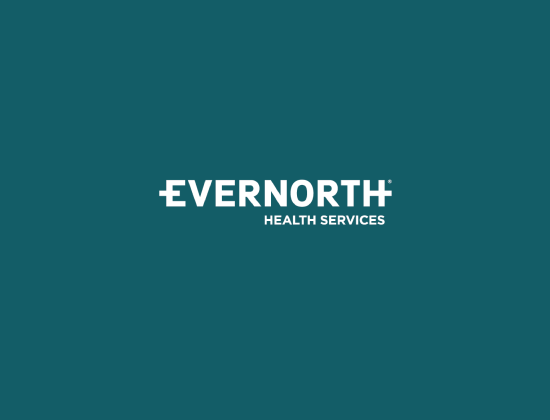Biosimilars are biological drugs that are highly similar to and have no clinically meaningful differences from another biological drug already approved by the Food and Drug Administration (FDA) in terms of structure, biological activity, efficacy, safety and immunogenicity profile. These biosimilar drugs offer significant savings, with prices up to 35% lower than their FDA-approved reference biologic counterparts.
Unfortunately, plan sponsors and their members don’t get to capture as much of those savings as they should because biosimilar approval and adoption—which has the potential to reduce U.S. health care spending by an estimated $100 billion by 2025—continues to be stifled by a number of legal and regulatory barriers.
Even though 39 biosimilar products have been approved by the FDA, only 24 are available for use in the U.S. today—and many more are in the drug pipeline.
Three of the primary challenges to more widespread availability of biosimilars are:
1. Automatic biosimilar interchangeable designation
Unlike most generics, biosimilars are not automatically designated as interchangeable upon FDA approval. In July 2021, the FDA approved the first interchangeable biosimilar product, Semglee®, a form of insulin which is both biosimilar to and interchangeable with Lantus®. This approval is helping pave the way for automatic substitutions in certain states, but only to the extent that those state’s laws allow.
Most states have enacted laws that permit pharmacists to substitute one medication for another when the drugs are deemed interchangeable. However, unless a biosimilar is designated as interchangeable by the FDA and a state has a law that authorizes pharmacists to substitute interchangeable products at the point of sale, only a prescribing health care provider can substitute a biosimilar for a reference product.
2. Branded biologic patent thickets
One of the primary tactics used to exploit imperfections in the current legal system is patent thickets. This term describes how reference branded biologic manufacturers flood the U.S. Patent and Trademark Office with a “thicket” of overlapping, follow-on patents with different expiration dates on a single drug to prevent or delay lower-cost biosimilars from coming to market.
In large part due to this legal maneuvering, manufacturers are able to extend the monopoly on their branded drugs well beyond the end of the original patent’s life and increase the prices of their products throughout the years.
3. Biosimilar patent disclosures
When biosimilar manufacturers apply for FDA approval, they are required to provide the reference biologic manufacturer with a list of patents that the proposed biosimilar product could potentially infringe upon. This disclosure prompts a lengthy process where the two manufacturers decide which patents should be brought to litigation, typically prolonging biosimilar market entry for years.
Some of the results produced by these biosimilar obstacles?
Patent extensions have added more than $500 billion in additional sales for five of the top-selling U.S. drugs. And only 19% of the biologics market currently competes with biosimilars—leaving another 64% with the potential for future competition.
And the consequences for plan sponsors?
Without increased competition, there are limited options to negotiate lower prices for specialty patients grappling with serious health conditions that often require complex, expensive treatments. It also makes it harder to carve out an adequate budget for innovative treatments in the pipeline, such as gene and cell therapies.
What can plan sponsors do to encourage biosimilar adoption?
There are a number of steps plan sponsors can take to play a more active role in combatting these issues.
For one, employing rigorous formulary and utilization management strategies, plus incentivized benefit structures, can help ensure members pay the lowest net cost for the most clinically effective drugs.
We also believe stakeholders have an obligation to put forward public policy ideas and engage with policymakers on ways to address rising drug prices, including advocating for a robust patent system.
This can include encouraging:
- Further action by the FDA and Federal Trade Commission to curb anticompetitive tactics and close loopholes used by drug manufacturers to delay market availability of lower-cost biosimilars.
- Continued efforts by the FDA to streamline the approval process for biosimilars and issue guidance necessary to promote regulatory clarity in the biosimilars marketplace, including better defined standards for the interchangeability of biological products.
- Shortening the 12-year market exclusivity period for brand name biologics to promote greater price competition and earlier access to biosimilars.
We believe a more affordable, predictable and simple health care system is possible. But to overcome the hurdles standing in the way, it’s imperative that all stakeholders work collaboratively in a constructive, evidence-based manner.

